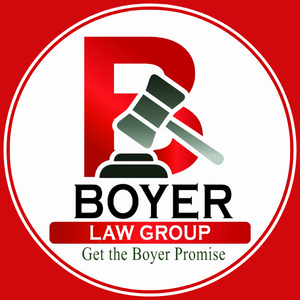Probate includes paying a deceased’s remaining debts before distributing his or her assets to heirs. As noted by the Michigan Court Rules website, an estate’s personal representative must publish a notice informing creditors of the name of the deceased and the date of death.
Creditors may send a proof of claim to the representative or the probate court within four months from the date of publishing the notice. Creating a will under Michigan’s laws includes choosing an individual to manage debts and who has responsibility for paying them from the estate’s assets.
Creditors may file a claim to recover debts
Financial accounts with named beneficiaries generally transfer to them upon the deceased’s death. As noted by Kiplinger’s Personal Finance, without a beneficiary, any funds in the account transfer to the estate.
Creditors have a right to recover money from the estate for debts such as unpaid credit card bills. A car loan, for example, may require payment from the estate before transferring the vehicle to an heir. If the deceased has federal student loans, the government may forgive the balance.
Mortgage lenders may require heirs to take over the loan
After paying debts, the deceased’s property transfers to the named beneficiaries. If an heir decides to take ownership of a deceased’s home, he or she may need to accept the mortgage payments. The deceased may have also left money to an heir to help make those payments affordable.
The heirs of individuals who die without a will could experience a lengthy probate process. The court oversees a personal representative who pays the deceased’s debts and transfers his or her assets. A will, however, provides instructions to the court regarding who can take ownership of the deceased’s assets and may also facilitate a smooth process.

